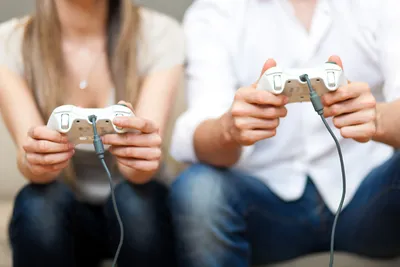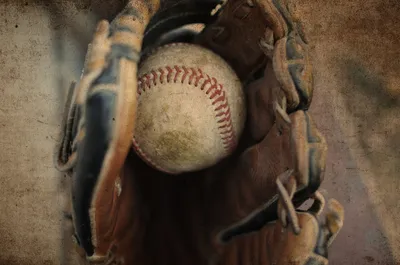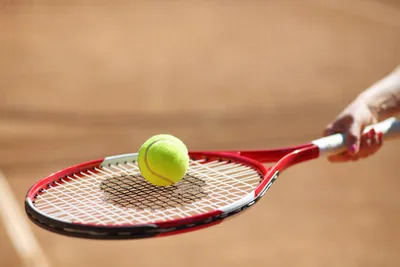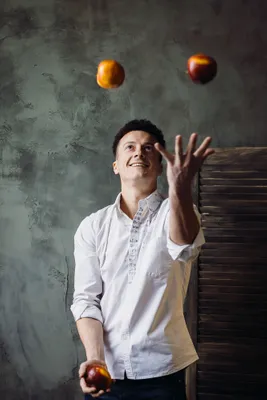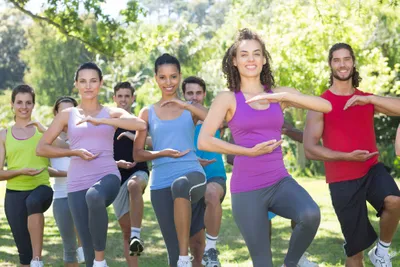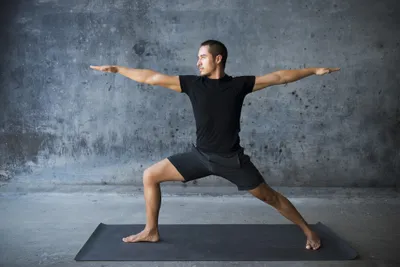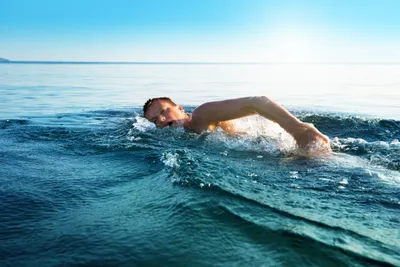Hand-eye coordination is something that comes very handy in sports – for example, tracking and catching a ball or knocking a puck out of the air. However, you use hand-eye skills in many aspects of your life including driving.
While most people don’t really think about their hand-eye coordination and reflexes, there are benefits to working on improving it that can benefit you in everyday life (especially as you get older). But how can you improve them? Here are seven suggestions…
1. Play Video Games
Who knew playing video games could enhance your health? Well, at least improve certain skills related to motor functions. According to TechTimes.com, sitting in front of the screen shooting bad guys may actually be good for you.
The source cites a study that was conducted at the University of Toronto improves “sensorimotor control,” which includes riding a bike and even typing, according to the source. The study showed that a group of “gamers” developed a better ability (than non-gamers) to track a repeated pattern on the screen over time. The same group had an advantage during an experiment where they tracked a random pattern – “the gamers learned the patterns better,” it explains.
2. Play Catch
This isn’t just a way to bond with junior – it’s also a great way to improve your hand-eye coordination and “central vision,” notes OutsideOnline.com. You can also play catch alone, as in the example suggested by the source.
In one variation of catch, you throw a tennis ball against a wall and practice catching it with just one hand (and then the other). To really challenge your reflexes and coordination, mark each ball differently and throw them one after another while trying to determine which ball is which as they return to you, it adds.
3. Racket Drills
Sports like tennis rely heavily on hand-eye coordination (as well as endurance), so it makes sense that an activity with a racket can hone your skills. Livestrong.com suggests holding “any type” of racket, and hold it “like you would if shaking hands.”
With palms facing up, try bouncing a ball on the racket to a height of about 8- to 10-inches 50-times without moving your feet. Then try it for 50-times with your palms facing down, and then another 50-tries alternating palms-up and palms-down, notes the source.
4. Juggling
You may not get good enough at this to join the circus or be a celebrated street busker, but attempting to master juggling can do wonders for your hand-eye coordination, according to OutsideOnline.com.
The advantage of juggling is that you’re learning how to better see and predict movements outside your central vision. “When you’re juggling, you’re actually looking up to the upper point where the balls cross and your brain is making decisions on where your hands need to move based on that,” it explains. This technique is used by athletes, adds the source.
5. Tai Chi
This movement technique is described as “moving meditation” by some, with soft and graceful movements that require focus and balance. However, this practice can also positively impact hand-eye coordination, according to ScienceDirect.com.
A study posted on the site explains 2-groups were tested, one that had been practicing Tai Chi Chuan (TCC) for more than 3-years, the other comprised of “healthy and active elderly people.” The subjects were asked to “stroke target sensors” on a test device, and the conclusion was the TCC group has the edge (at least in this particular test).
6. Yoga
This is another controlled movement technique that is now very popular in Western culture, and it can boost your coordination, according to AZCentral.com. The source says a 2012 study shows that Yoga performed on a regular basis can also benefit your memory and concentration.
You can find an entry-level yoga class, and slowly build your skills rather than trying to fit in with an advanced class on your first go. If you have physical limitations, you can still benefit from yoga while improving overall coordination, it adds.
7. Swimming
This is a great low-impact exercise, especially if you have joint pain, but a study posted on Springer.com shows that swimming can benefit upper-body motor control and balance in seniors.
Two groups (swimmers with 2-plus years of swim training) and a control group of active subjects (non-swimmers) took part in a test that required them to point to the center of target sensors. “Regular swimming exercise may result in improved eye hand coordination as faster and more accurate repetitive movements,” concluded the study.

